|
BLOG
Korte and Associates
News
GET THE LEGAL ASSISTANCE YOU REQUIRE AT THIS MOMENT
|
Your Rights as a Tenant During the Eviction Process
Introduction
Facing eviction is a stressful experience for any tenant, but it’s essential to know that you have rights throughout the process. Understanding these rights can help you navigate the situation, protect yourself from unlawful actions, and explore your options. This guide will outline your key rights during the eviction process in Florida and provide steps to ensure those rights are upheld.
1. The Right to Proper Notice
Florida landlords are required to provide you with written notice before initiating an eviction. The type of notice depends on the reason for eviction and Florida’s landlord-tenant laws. Common notices include:
- Pay or Quit Notice: Gives you a specific timeframe to pay overdue rent or move out.
- Cure or Quit Notice: Requires you to correct a lease violation (e.g., unauthorized pet) within a certain period.
- Unconditional Quit Notice: Demands you vacate the property without an opportunity to fix the issue (typically used for severe violations).
What to Do:
- Review the notice carefully for accuracy and legal compliance under Florida’s eviction laws.
- Verify that the notice includes essential details like the reason for eviction, the timeframe, and how to resolve the issue if applicable.
2. The Right to Due Process
Eviction is a legal process in Florida, and your landlord cannot bypass the court system to remove you. Actions like changing the locks, shutting off utilities, or removing your belongings without a court order are illegal.
What to Do:
- If your landlord engages in illegal self-help actions, document the incidents and report them to Florida authorities or seek legal advice.
- Understand that eviction proceedings must go through the courts, giving you the opportunity to defend yourself.
3. The Right to a Court Hearing
As a tenant, you have the right to be heard in court before an eviction is finalized. During the hearing, you can:
- Challenge the landlord’s claims.
- Present evidence and witnesses.
- Highlight any errors in the eviction notice or lease agreement.
- Assert defenses, such as retaliation or discrimination claims, if applicable.
What to Do:
- Attend all scheduled court hearings. Failure to appear may result in a default judgment against you.
- Gather documentation, such as your lease agreement, payment records, and communication with your landlord, to support your case.
4. The Right to Remedy the Situation
In many cases, tenants in Florida can resolve the issue and avoid eviction. Depending on the reason for eviction, you may:
- Pay overdue rent: If the eviction is for non-payment, you might be able to stop the process by paying the amount owed within the notice period.
- Fix the violation: Addressing the issue cited in a Cure or Quit Notice (e.g., removing an unauthorized pet) can halt the eviction process.
What to Do:
- Communicate with your landlord promptly to explore solutions.
- Keep records of any agreements or payments made to resolve the issue.
5. The Right to Legal Representation
You are entitled to seek legal assistance to protect your rights during the eviction process. Florida has tenant advocacy organizations and legal aid services that can provide guidance and representation if needed.
What to Do:
- Contact local legal aid offices or tenant advocacy groups specializing in eviction defense in Florida as soon as you receive an eviction notice.
- Many organizations offer free or low-cost services for tenants facing eviction.
6. The Right to Appeal
If the court rules against you, you may have the right to appeal the decision. The appeal process in Florida varies by jurisdiction and may require you to act quickly.
What to Do:
- Consult with an attorney to determine whether you have grounds for an appeal.
- File the necessary paperwork within the required timeframe to preserve your right to appeal.
7. Protections Against Retaliation and Discrimination
Landlords in Florida cannot evict you as retaliation for exercising your legal rights, such as reporting unsafe living conditions or joining a tenant union. Additionally, discrimination based on race, gender, disability, or other protected characteristics is illegal.
What to Do:
- If you suspect retaliation or discrimination, document all relevant actions and seek legal advice.
- File a complaint with your local housing authority or fair housing agency.
Conclusion
Knowing your rights as a tenant during the eviction process in Florida can make a significant difference in how you handle this challenging situation. Always stay informed, document all interactions with your landlord, and seek legal help if necessary. Remember, eviction is a legal procedure, and you have the right to defend yourself and explore alternatives.
CONTACT
8895 N Military Trail, Suite 200C, Palm Beach Gardens, FL 33410
bkorte@kortepa.com

Korte and Associates
This website has been built to be accessible for all users. If you experience any difficulty in accessing this website, please contact us for assistance.

